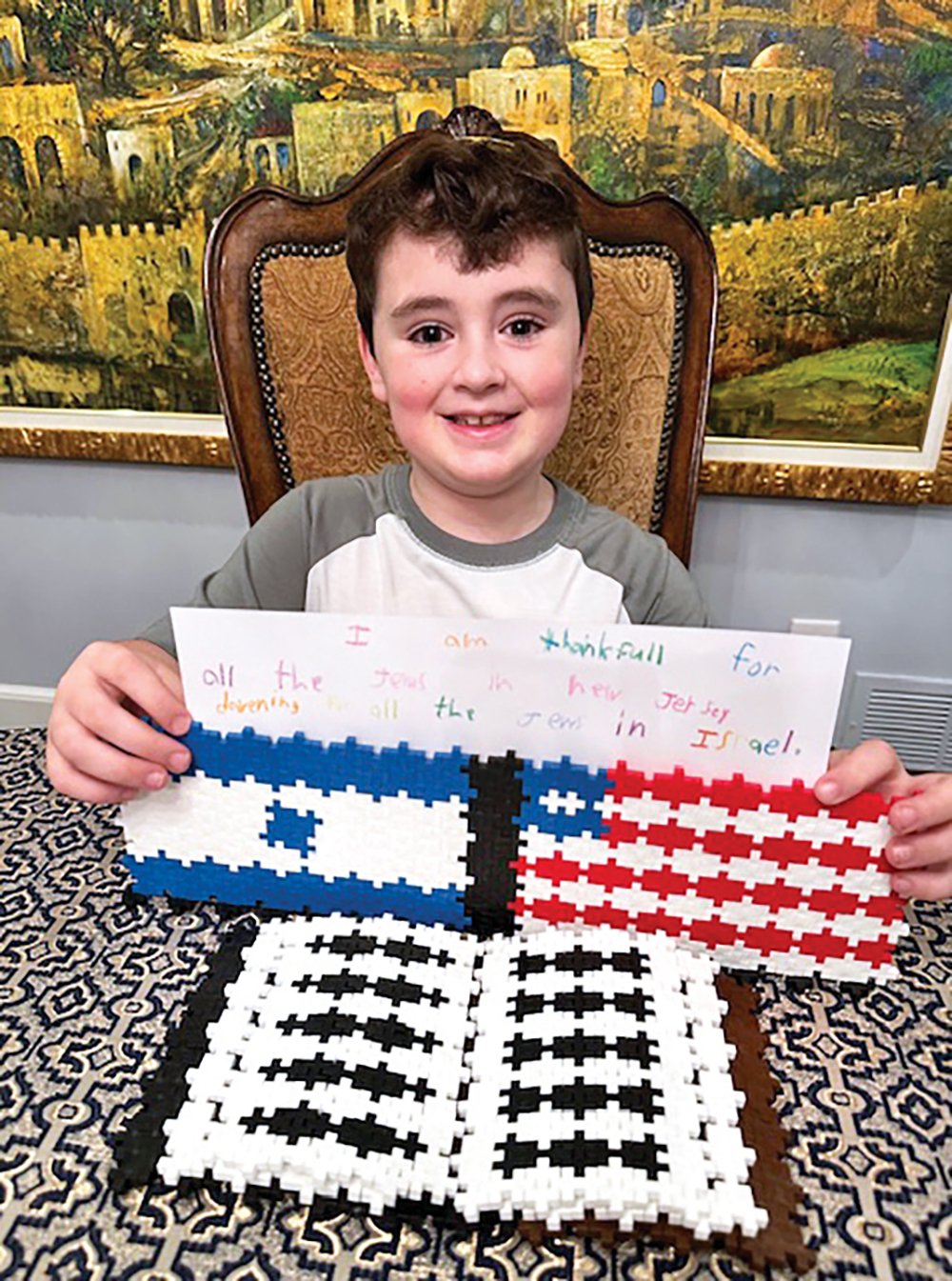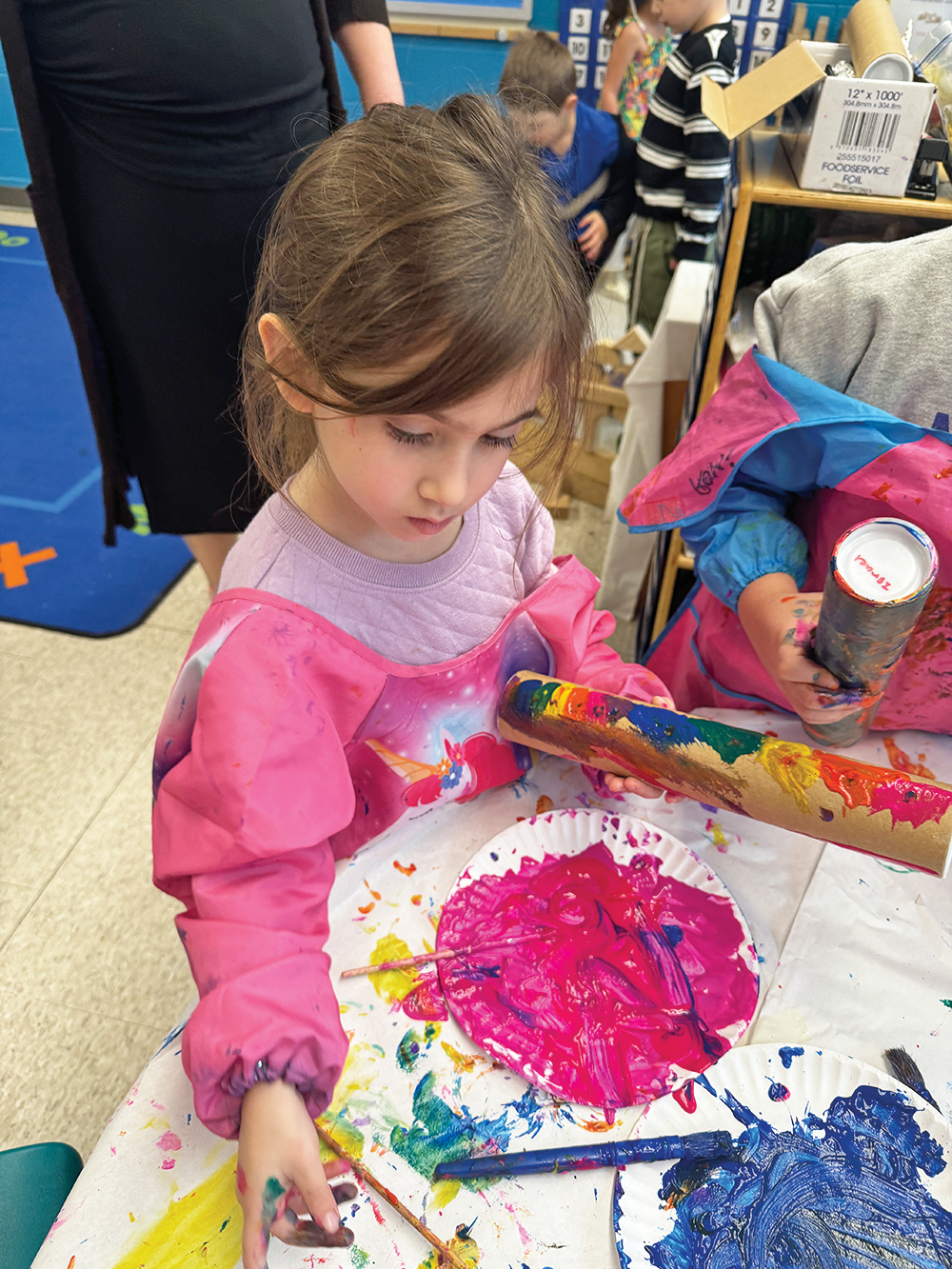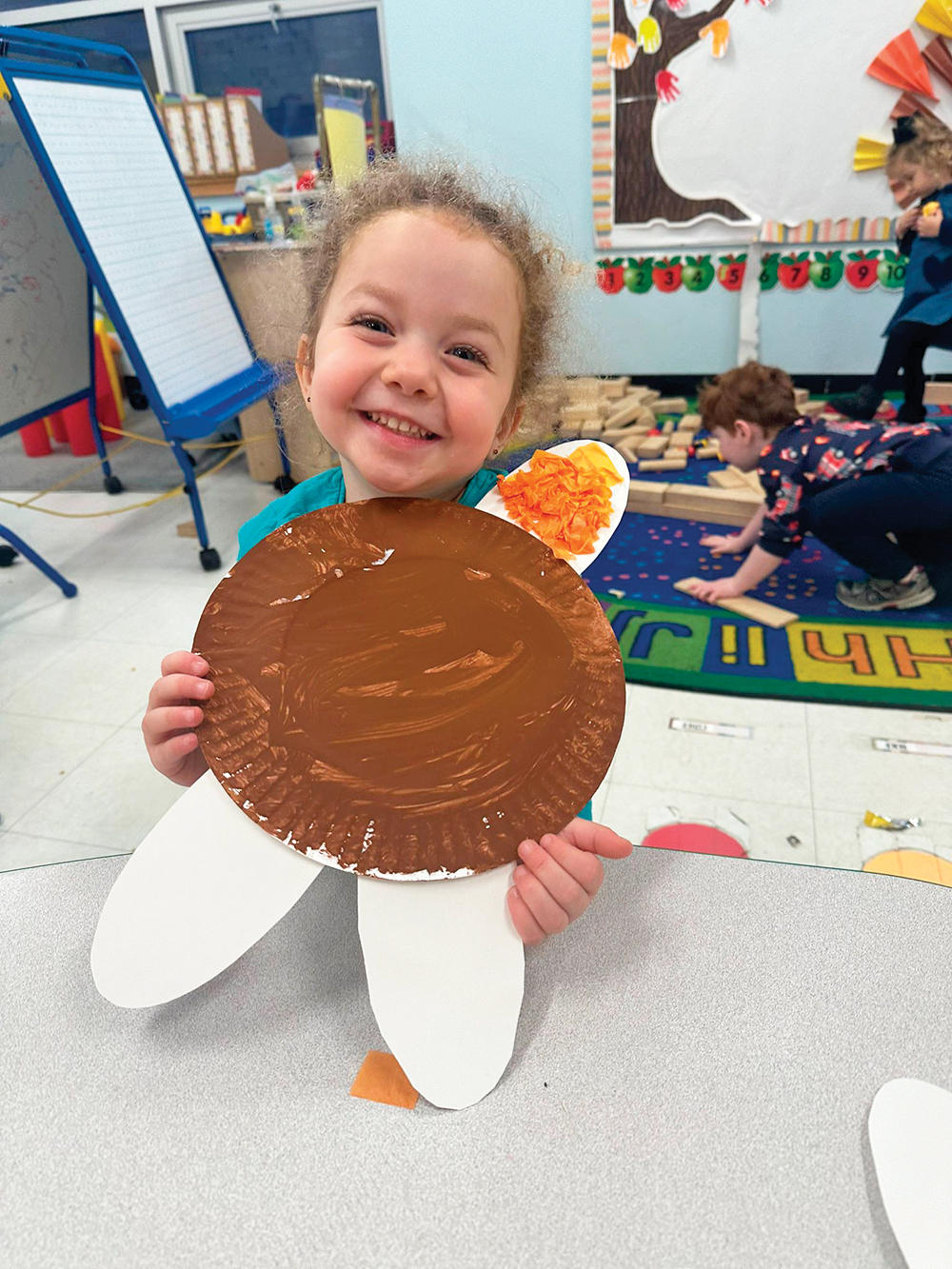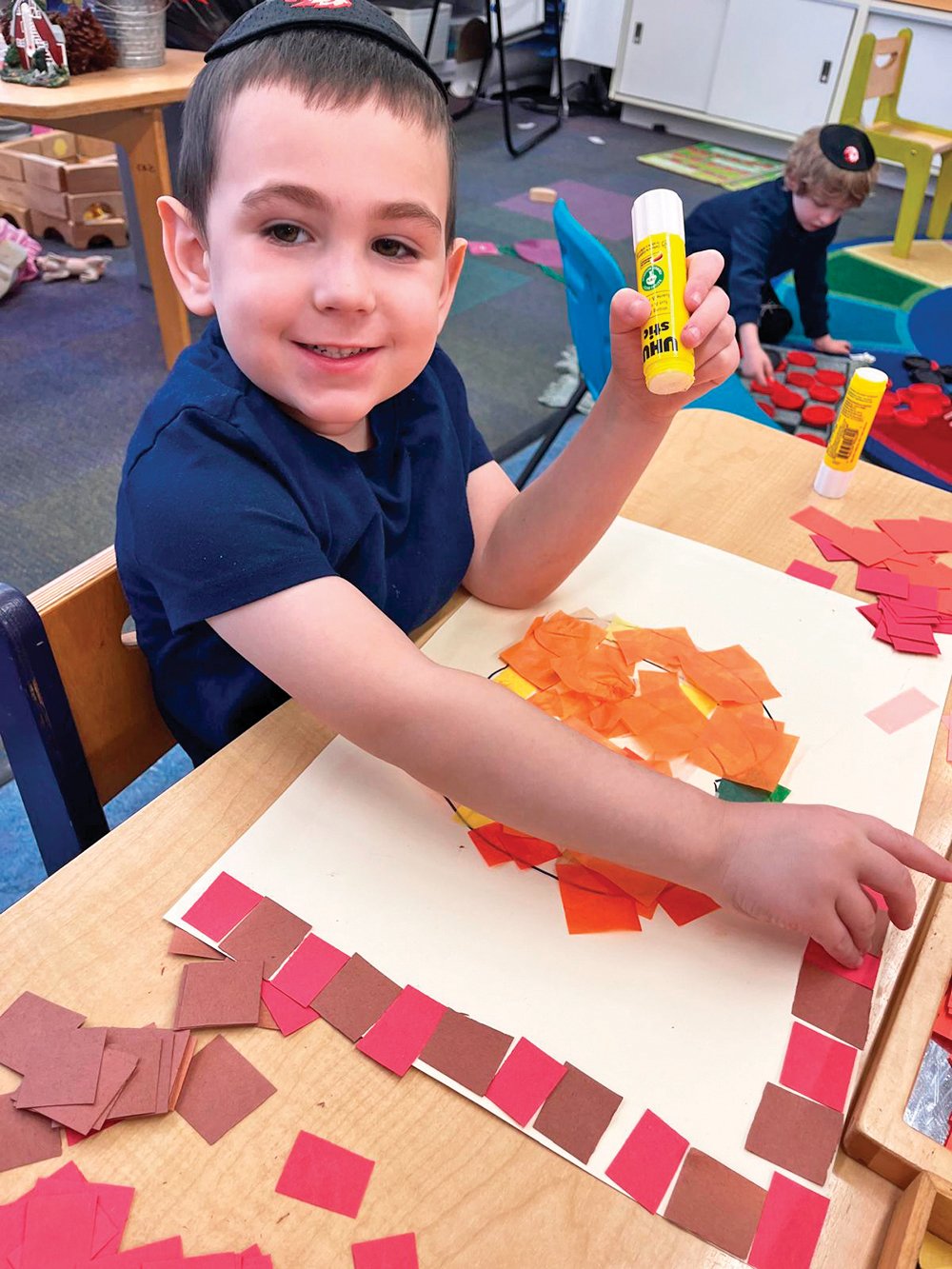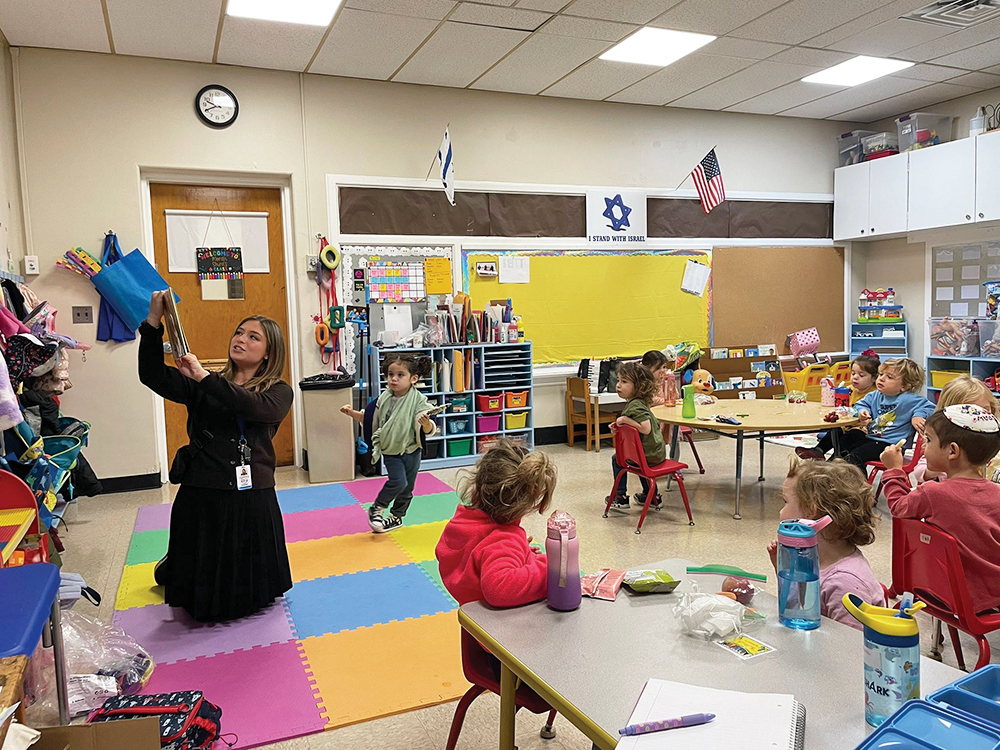
“I can’t believe it’s almost over!” Those words said so often at the end of Chanukah (and our other holidays). It expresses the feeling that although we might have had our fill of doughnuts and latkes, we may not have taken in all the spiritual gain of the holiday.
Let me share with you an incredible insight into the power of the last day of Chanukah, referred to as Zos Chanukah. This name originates in the Torah reading of the last day, which contains the words “zos chanukas” (this is the dedication). Let’s take a closer look at this Torah portion to glean a deeper insight into Zos Chanukah and its power.
On each day of Chanukah, we read the portion corresponding to the prince who brought special sacrifices in honor of the dedication of the Mishkan (Tabernacle) in the desert. There were 12 princes (heads of the tribes) in all. On the first seven days, we read the portion relating to the first seven princes. On the eighth day, however, we read about the sacrifices of princes eight through 12. Why don’t we stop at the eighth prince? After all, there are only eight days of Chanukah.
It seems that the eighth day of Chanukah contains special significance. It has the power to project itself into days nine through 12, which discusses completion of the dedication of the Mishkan.
The brother of the Tur teaches that our holidays correspond to the patriarchs: Pesach to Avraham, Shavuos to Yitzchak, and Sukkos to Yaakov. The Bnei Yissaschar adds that Chanukah corresponds to Yosef, since Yosef is an extension of Yaakov and Chanukah is an extension of Sukkos. That’s why sources say that a person can still do teshuva for sins of the prior year until Chanukah.
Rav Gedalia Schorr explains that the word Yosef means to gather and to add. Just as Yosef is considered the gatherer of all the qualities of the 12 tribes, so too Chanukah gathers in all the qualities of the holidays to build on what we have gained from them. The sacrifices on the eighth day were brought by the prince of the tribe of Menashe, who is the son of Yosef. And the eighth day has the power to take in all the days of Chanukah and all the holidays from Pesach through Sukkos.
How so? The Torah reading on the eighth day, containing “Zos chanukas hamizbeiach, this is the dedication of the altar,” is similar to the words “Zos chukas HaTorah, this is the law of the Torah.” The eighth day of Chanukah contains the power and the ability to harness the clarity from the eight days of Chanukah and the holidays of the year and to continue that clarity for the entire year, through the words of Torah that we learn. This clarity is a clarity of purpose: knowing what Hashem wants from us and what our role should be in this world.
The Rokeach gives a fascinating revelation. We light a total of 36 candles during the eight days of Chanukah (not including the shamash). The 36 candles correspond to the special light Hashem created on the first day of Creation, which shone for 36 hours until Hashem hid it away for the benefit of tzadikim (true righteous ones) in the messianic era to come. This action by Hashem seems to have had no benefit for most of us. What’s the point of creating the light if it is hidden away? However, it was not removed from us forever—it comes back during Chanukah to give us the greater clarity of purpose we just discussed. This explains why Jews of even minimal or no observance of mitzvos have a special affinity to the Chanukah menorah and its light, and they might even be motivated to get closer to their spiritual roots.
Bnei Yissaschar notes the 25th word in the Torah is ohr, light, hinting to the special light created on 25 Kislev—the first day of Chanukah. This allusion to the special light that shone for 36 hours and shines forth in our Chanukah candles is also expressed elsewhere. There are 36 tractates in the Talmud and the word “ohr”—light—is mentioned 36 times in the Torah. What’s the connection to Chanukah? The special clarity of purpose we have on Chanukah also exists within the words of the Torah itself, especially in the words of the 36 tractates of the Talmud.
Let us make a commitment of daily Torah study to achieve more clarity. Find a place of Torah study, find a study mate or a Torah class. I invite my readers to contact me directly ([email protected]) if they would like help to find a suitable study partner or class!
By Rabbi Baruch Bodenheim
Rabbi Baruch Bodenheim is the associate rosh yeshiva of Passaic Torah Institute (PTI)/Yeshiva Ner Boruch. PTI has attracted people from all over northern New Jersey, including Teaneck, Bergenfield, Paramus, Rockaway and Fair Lawn. He initiated and continues to lead a multi-level Gemara learning program. Recently he has spread out beyond PTI to begin a weekly beis midrash program with in-depth chavrusa learning in Livingston and Springfield. This year he joined Heichal Hatorah in Teaneck as a Gemara iyun rebbe. His email is [email protected].



